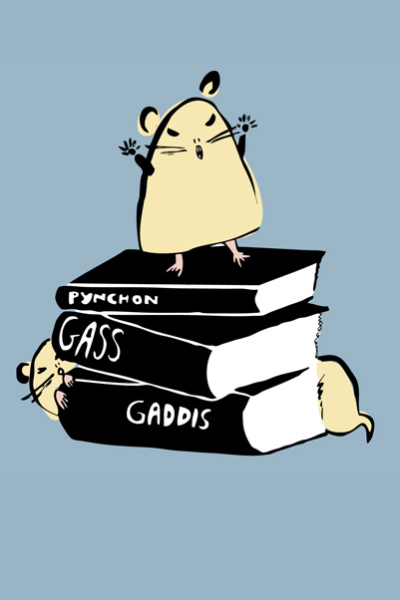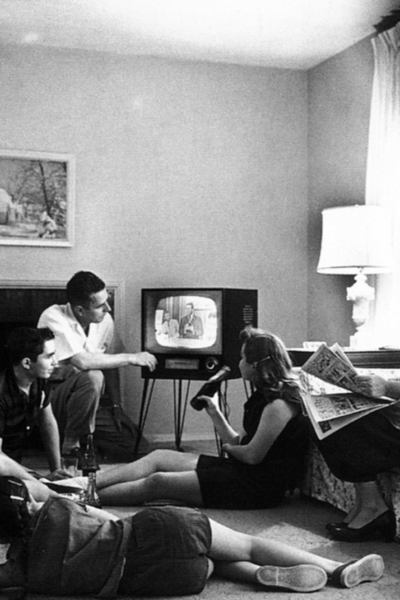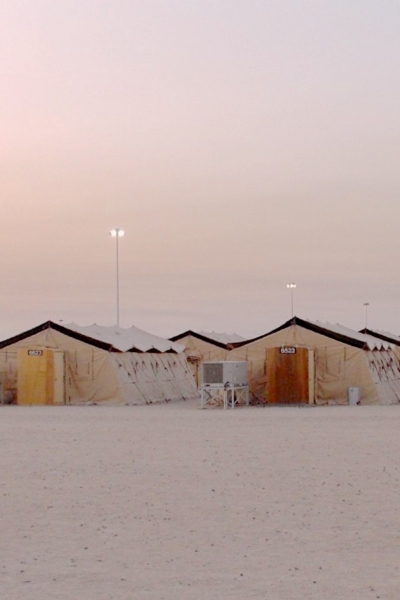Nell Zink’s prose may not expand into rolling curls of unconventional syntax, but it is nonetheless difficult. Her mercilessly enjoyable prose leaves itself open to serious moral misinterpretation.
This Imaginary Half-Nothing: Time
There are dawns and noons and nightfalls, diseased interludes and riots and political turns, seasons of tumors and cures and poisons, and along with these the daily need to reproduce oneself as a living person.
The Perils of Optimism, with Zeppelins
Truth itself won’t be comforted, but there’s solace in seeing the huckster unmasked. On American optimism and THE CARP CASTLE by MacDonald Harris.
The cutting of humanities programs in favor of business and STEM degrees is backed not by the pure arithmetic of budgetary restraints but by entrenched and quixotic neoliberal ideology.
Knausgaard could have Instagrammed his father’s empties. Didion could have live-tweeted her late-night ambulance ride. Instead they wrote. Why do we write grief?
Disaster and triumph became another set of eventualities, ones that television could help viewers practice, prepare for, and witness, at least through their screens. TV both created its audiences and informed them.
The Corpse Singing On The Radio
Scott Beauchamp writes about the first time he saw a dead body in Iraq, his experience reading the Stoics during combat, and his later turn to a philosophy capable of responding to injustice.
The Robin Thicke verdict renders the 2013 song theft, and thereby the two songs the same. It’s the latest installment in the American government’s recent series of ontological rearrangements.
Pale/ontology: The Dinosaurian Critique of Philosophy
When it comes to the non-human world, philosophers have an unusual tic: they all suddenly start talking about desks. They should be talking about the real Absolute Other: the dinosaur.
An Adversary After Our Own Image
Could it be that we too want a portrayal of utopia in order to avoid civil strife, just like the eternally criticized Soviet regime?











